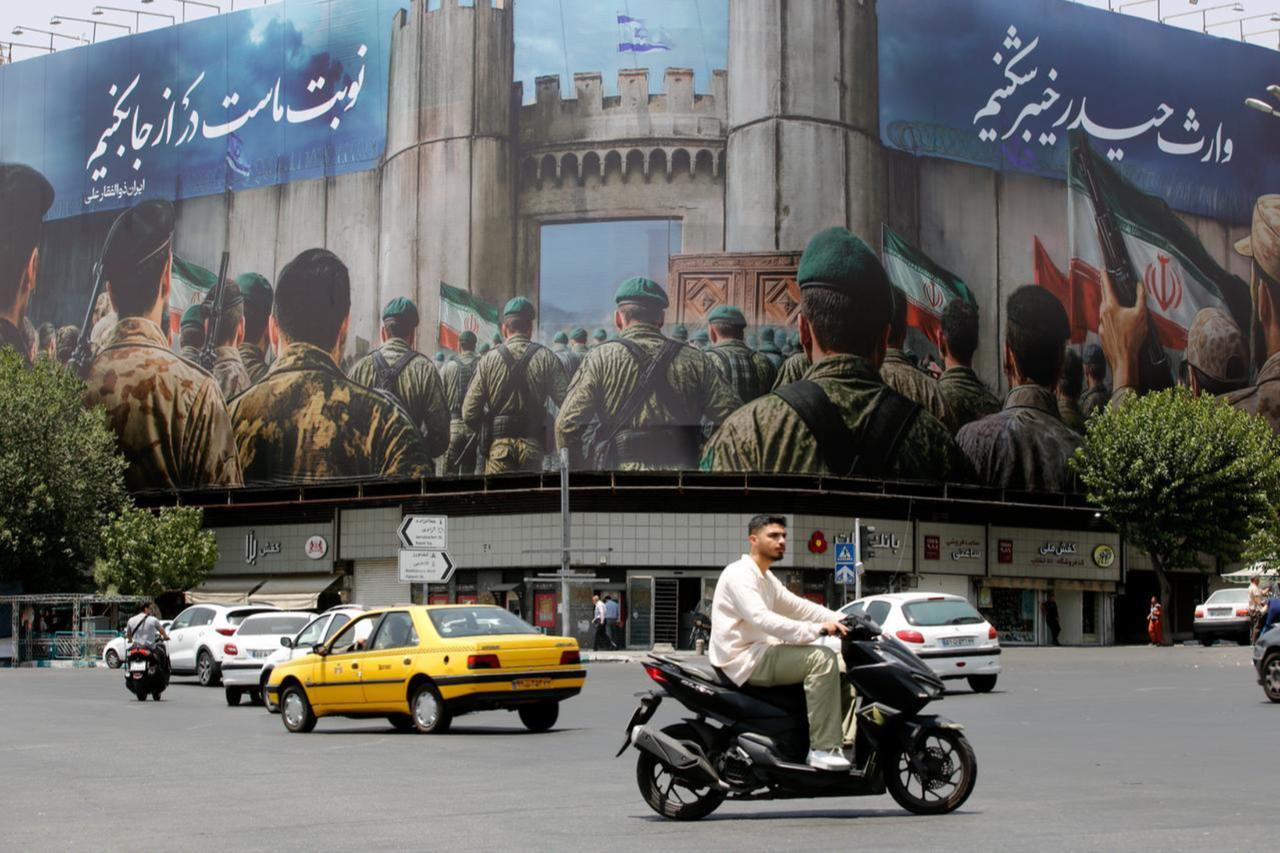
Iran has dramatically escalated deportations of undocumented migrants, primarily Afghan nationals, following reports linking some illegal border crossers to alleged espionage activities for Israel.
The deportation campaign, which began in 2023, gained momentum after Iranian media reported that some individuals accused of spying for Israel were Afghans who had entered the country illegally. Iranian officials estimate approximately 6 million Afghans currently reside in Iran, with more than 2 million lacking proper documentation.
The Afghan refugee influx to Iran began following the Soviet invasion of Afghanistan in 1979 and has continued for nearly 46 years through subsequent U.S. occupation, civil wars and ongoing instability. Recent years have seen particularly heavy irregular migration from Afghanistan due to security, political and economic challenges.
President Masoud Pezeshkian, during his election campaign last year, said undocumented migrants were causing serious social problems including drug trafficking and employment issues, promising to address the situation.
Iran began constructing an approximately 900-kilometer wall along its eastern borders in 2023 to stem irregular migration flows. In the same year, authorities deported 450,000 people lacking identity documents or legal status.
Former Interior Minister Ahmad Vahidi acknowledged in October 2023 that some deportees were returning, stating: "Illegal immigrants must leave the country. We need a stronger mechanism to deal with migrants who are sent back and then return to our country again."
Interior Minister Eskandar Momeni said in August 2024 that deporting irregular migrants who entered illegally remained a priority. Police Chief Brig. Gen. Ahmad Reza Radan announced in September 2024 that authorities had determined the number of undocumented migrants and planned to deport 2 million by year's end.
The Interior Ministry's Foreign Nationals Affairs Center announced a July 6, 2025 deadline for undocumented foreign nationals to leave voluntarily, after which police would arrest and deport those without proper documentation.
During mutual attacks between Israel and Iran beginning June 13, Israel conducted sabotage and terror operations inside Iran. According to information obtained by an AA correspondent from officials, over 1,000 people were detained by Iranian security forces on charges of working for Israel during this period.
Iranian media reported that some individuals allegedly spying for Mossad were Afghan nationals who had entered illegally. Some were described as individuals who failed to evacuate from Kabul Airport after American forces withdrew from Afghanistan in 2021 and the Taliban captured the capital, later falling into Israeli intelligence traps while hoping to reach Europe.
Interior Minister Momeni said on state television on June 27 that authorities had determined some Afghans entering the country in recent years were part of Israel's plan to create chaos during attacks.
Following these developments, Iran intensified mass deportation operations targeting irregular Afghan migrants. Razavi Khorasan Province reported that 490,000 Afghans returned to their country from the beginning of the year through March 21.
The U.N.'s International Organization for Migration (IOM) reported in a June 30 publication that over 700,000 Afghans had returned from Iran since Jan. 1, with most forcibly removed from the country. The report stated that 256,000 people returned to Afghanistan in June alone, with 99% lacking documentation.
Local authorities in Taybad district of Razavi Khorasan Province, which borders Afghanistan, reported that 140,000 undocumented Afghan nationals were sent home between June 22 and July 1, with 21,050 Afghans crossing through Dogarun Border Gate on July 1.
According to Razavi Khorasan Province data, 396,000 Afghan nationals hold residence permits in the province while 300,000 have illegal status, with the majority residing in the provincial capital Mashhad.
"Today we have suffered the blow of illegal foreign nationals entering the country. We have observed that the enemy has taken maximum advantage of this," said Parliament Interior Commission Spokesman Veliyullah Beyati on July 3, calling the presence of over 2 million undocumented foreign nationals "unacceptable."
Beyati added: "It was not right to allow this number of unauthorized citizens to enter the country until today, and the relevant officials and those who gave permission should be held accountable."
Authorities have also begun imposing fines on businesses employing undocumented foreign workers.
Some voices in Iranian media warn that mass deportation practices could lead to discrimination among migrants. More than 1,300 Iranian and Afghan activists have signed a letter calling for an end to deportation operations.